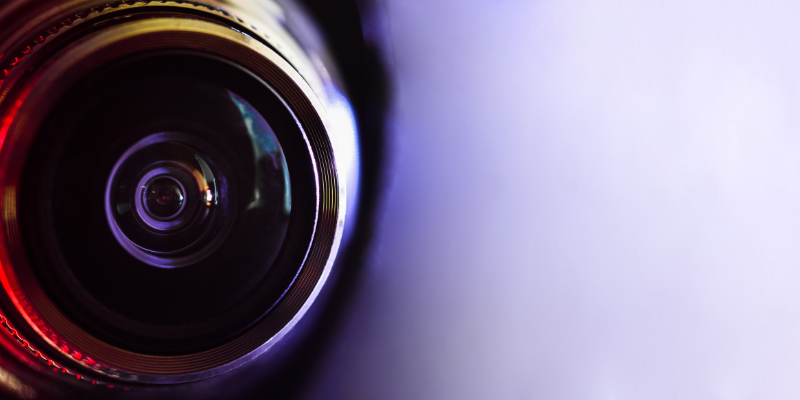I am a slave to the Little Green Dot: the indicator on Microsoft Teams that I’m working away at my desk. As much as my better judgement tries to convince me my fears are unreasonable, I can’t shake the feeling that when it changes to yellow, an alarm would suddenly go off in whatever room my supervisor is in, letting them know that Kendal Youngblood is – gasp! – making a coffee.
In reality, it’s unlikely anyone here at didlaw is actually monitoring how much time I spend at my desk, especially while I’m at home. The same is not true for an increasing number of people.
A survey of 2,000 workers by the union Prospect found 32% of workers were being monitored at work in October 2021. This is a steep spike from 24% in April 2021. The number of remote workers subject to employee monitoring by an at-home camera has more than doubled since April, to 10% in October. The survey found young people (those aged 18 – 34) were most likely to be affected by increased surveillance, with almost half reporting being monitored.
Employee monitoring increased dramatically during lockdowns, as employers sought to keep tabs on employees no longer coming into the office. Ironically, most people would probably agree that monitoring someone in their own home (particularly by webcam) is much more invasive than monitoring employees in the workplace. In fact, in this age of division, being creeped out by our bosses watching us is something that can unite almost everyone. The Prospect survey found 72% of workers thought webcam monitoring should be banned altogether or more heavily regulated. Only 8% thought employers should be able to decide on their own when and how to monitor their employees.
There are less-intrusive alternatives to such extreme employee monitoring, for instance sharing work in progress on shared drives, having clear goal-setting discussions and regular catchups. Ultimately, if someone is getting their work done, what is the point of watching their every move?
There are legal implications for this as well – including, as my colleague Mark previously wrote about, potential breaches of the right to privacy under Article 8 of the European Convention of Human Rights. Employee monitoring is generally legal, but it needs to be necessary, justified and proportionate. Under GDPR regulations, employers should be able to identify the reasons for monitoring staff, carry out data protection impact assessments and give employees sufficient advance information about any monitoring.
The Information Commissioner’s Office (ICO) is currently reviewing its guidance to employers on the use of new technologies such as monitoring. Prospect is calling on the ICO to introduce stricter measures against workplace surveillance, including a total ban on webcam monitoring outside of calls and meetings.
In the meantime, for those getting the funny feeling they’re being watched – if you’re at work, there’s a good chance you are.
This blog was written by Kendal Youngblood, Solicitor at didlaw
